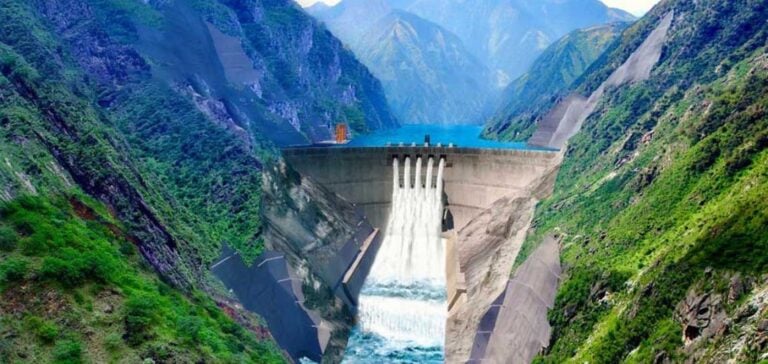The Tibetan community is protesting against the construction of the Gangtuo hydroelectric dam on the Drichu River in the town of Derge. Opposition to this controversial new project led to the arrest of over a thousand Tibetans in a single day.
Impact on heritage and the environment
The dam project threatens to displace thousands of people and severely damage the local environment. Among the devastating cultural consequences, the destruction of six monasteries, including Wonto, is particularly alarming. Founded in the 14th century, Wonto is famous for its remarkable Tibetan Buddhist frescoes. These sites are of great historical and cultural importance to the Tibetan community.
Demonstration and anniversary of an uprising
A peaceful demonstration was organized in Siliguri, coinciding with the 65th anniversary of the Tibetan uprising against Chinese occupation in 1959. Participants from various regions expressed their concerns about the dam project. The aim of the march was to draw attention to recent developments in Derge.
Situation in Tibet
The situation in Tibet is characterized by strict surveillance and security policies. Acts of protest, including immolations by fire since 2008, highlight the tensions in the region. UN interventions concerning the separation of Tibetan children from their families are also noted. This raises questions about living conditions and policies in Tibet.
Despite the challenges, the Tibetan community continues to express its attachment to its culture, history and identity. The situation in Tibet highlights the complexity of social, cultural and political issues in the region.






















